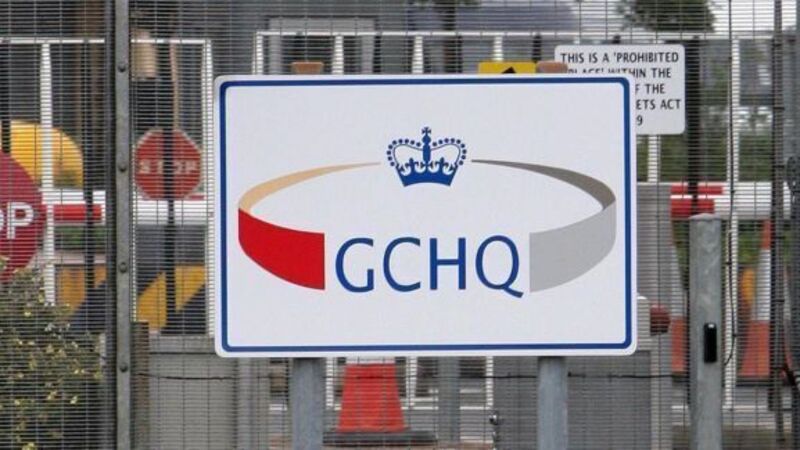UK spy agency 'tapped fibre-optic cables'

British eavesdropping agency GCHQ has secretly accessed fibre-optic cables carrying huge amounts of internet and communications data, according to documents disclosed by whistleblower Edward Snowden.
The agency is able to tap into and store data from the cables for up to 30 days so it can be analysed under an operation codenamed Tempora, the Guardian reported.














